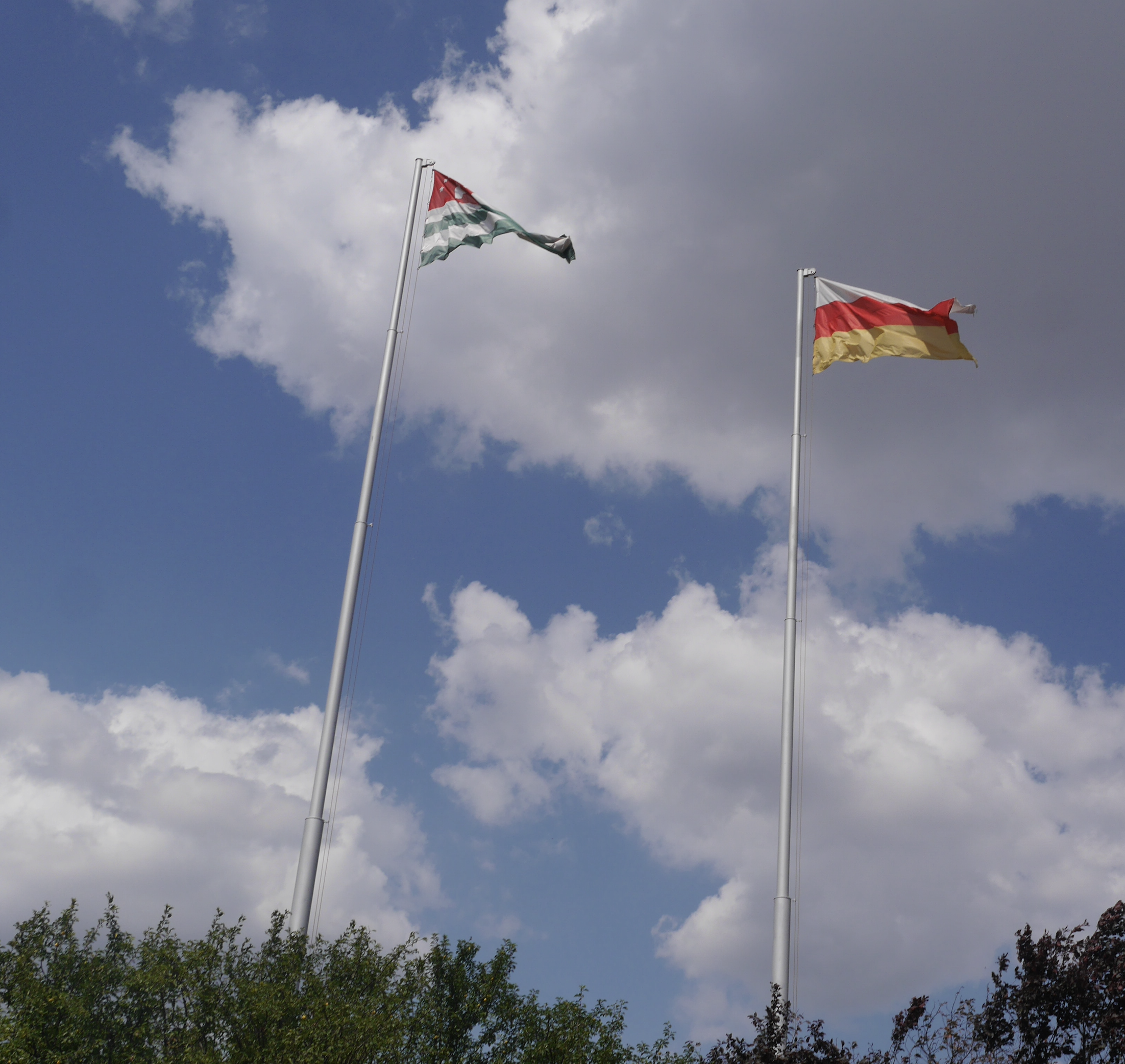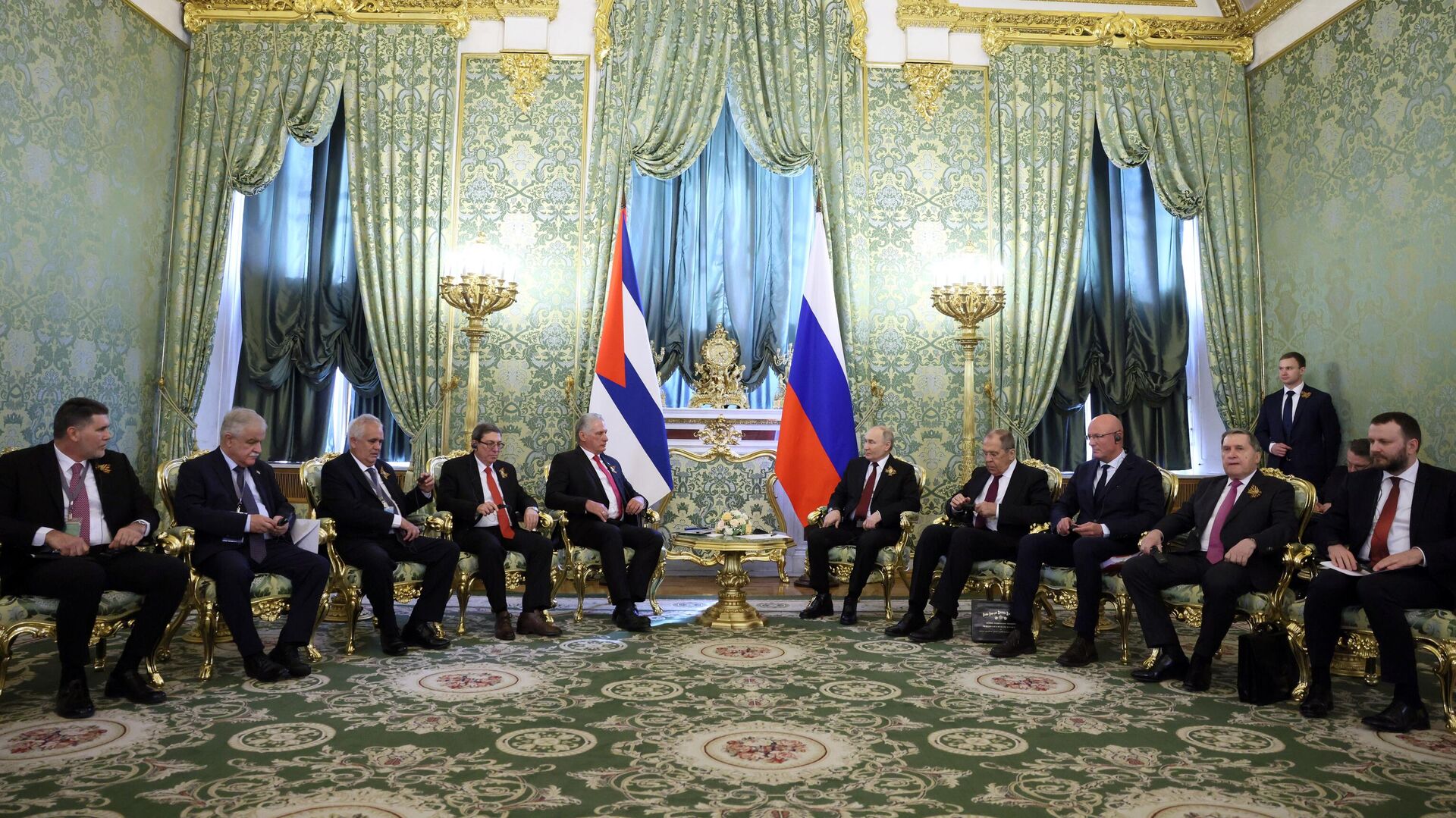
Why Are Georgians Afraid of Greece’s Financial Default?
Why Are Georgians Afraid of Greece’s Financial Default?
Georgians have shown a keen interest in the events in far-away Greece, which has been on the verge of leaving the Eurozone, if not the European Union itself. All news programs on Georgian TV now routinely begin with the latest news about negotiations between EU leaders and the prime minister of Greece, Alexis Tsipras.
Why is Georgia, a country on the periphery of Europe’s East, so interested in the economic developments in Greece? Georgia is not part of the Eurozone and its relations with the European Union are limited to the Association Agreement, which was officially signed in June 2014 (Civil Georgia, June 27, 2014). The Deep and Comprehensive Free Trade Area between Georgia and the EU is considered to be the cornerstone of the Association Agreement (Esf.be, July 22, 2013), but the events in Greece have no impact on Georgian exports to the European Union. Nevertheless, Georgian society and the Georgian government have serious grounds for being concerned about Greece’s future.
First of all, over the past 15 years, 150,000 Georgians have traveled to Greece, where they now live and work (For.ge, July 1). In fact, this economically troubled Mediterranean country hosts the largest community of Georgian guest workers in the EU. Many Georgians living and working in Greece stay there illegally. Other European countries also have some Georgian émigrés—in particular, Spain and France—but the populations of Georgians there do not exceed 10,000–15,000.
Georgian guest workers are primarily employed in households—as childcare and disability caregivers and in other low-paying jobs. They send back home significant portions of their earnings. Every year, about $200 million comes to Georgia from Greece in remittances (For.ge, July 1). In terms of remittances, Greece is second only to Russia, which is a source of around $700 million per year. However, remittances from Russia to Georgia took a substantial hit in the fall of last year, following the drop in global oil prices and the ruble’s depreciation. The Georgian lari depreciated by 35 percent at the time, which especially adversely affected the low-income part of the population, depleted the country’s financial reserves, and created problems for the government’s efforts to repay foreign debt (Kommersant.ru, July 7).
Experts say that since the stability of the lari greatly depends on the influx of foreign currency from abroad, a reduction of remittances from Greece may further jeopardize the situation. Georgian émigrés complain they cannot send remittances home because of the temporary closure of Greek banks. Many of them have also lost their jobs because Greeks, themselves in a difficult situation, cannot pay wages to the hired workers (Ipress.ge, July 3). One of the leaders of the Georgian community in Greece, Giorgi Okribelashvili said that the Georgian government made an effort to help the émigrés. In particular, the National Bank of Georgia asked domestic commercial banks to drop fines for late mortgage payments if the payment source originated from Greek remittances (Versia.ge, July 3). Minister for Economic Development of Georgia Giorgi Kvirikashvili stated that the government was hoping the Greek crisis would not last long and that the situation would soon stabilize without serious consequences to the Georgian economy (Netgazeti.ge, July 6). However, according to this author’s sources in the State Chancellery who wished to remain anonymous, Georgian Prime Minister Irakly Garibashvili convened a special meeting of the Ministry of Foreign Affairs, which urged Georgia’s ambassador to Athens to find ways to resolve the issue of remittances and help Georgian guest workers (Author’s interview, July 2).
Remittances are not the only reason for Georgians’ keen interest in the situation in Greece. Economists warn that if Georgian authorities do not draw lessons for themselves from the situation in Greece, Georgia may soon follow the same path. The difference will be that the South Caucasus country is not part of the Eurozone, so the EU and other international institutions would be unlikely to propose various programs of financial relief for the country. “The main problem is that the [Georgian] government is implementing a leftist policy of increasing social expenditures, while budget revenues are low. This increases the government debt and creates the threat of financial default,” economic expert Malkhaz Mamulashvili told Jamestown. Mamulashvili added that Greek lessons should prompt the Georgian leadership to cut expenditures and avoid taking on extra social obligations, which cannot be sustained by the country’s economy (Author’s interview, July 11).
The third reason for such interest in the Greek crisis is that Georgia has suddenly realized the European project is in danger. Georgia has strived for greater cooperation with Europe and aspired to eventual membership in the EU. But press in Tbilisi has started to write articles about the imminent crash of the “European House”—the demise of the Eurozone and of the EU itself. Many people in Georgia believe that even a speculative and ephemeral threat of the expulsion of a country from a united Europe undermines the European dream, and it strengthens the position of Georgian euroskeptics and pro-Russian politicians. This is especially true concerning Greece—a cradle of democracy that gave Europe its very name.
Former Georgian speaker of parliament Nino Burjanadze visited Moscow last week. Commenting on the pro-Western course of the Georgian government, Burjanadze pointedly noted that the future of the European Union was unclear: “We see what is going on in Greece, while Great Britain is even preparing for a referendum on leaving the EU.” Burjanadze stopped short of denouncing the Georgian-EU Association Agreement or speaking in favor of entering the Moscow-led Eurasian Economic Union. She only said that Georgians “should not demonize the Eurasian Union” (Interpressnews.ge, July 10).
The slow devaluation of the European dream is a dangerous trend in the post-Soviet space, including Georgia, where, until recently, there has been no serious alternatives to the policy of establishing a closer relationship with the EU and a possible future integration into European structures. Thus, Georgians’ hopes are currently being undermined not only by Russian military actions against Georgia and Ukraine, or by Moscow’s “soft power” in the region through its “agents of influence” and powerful propaganda machine, but now also through the internal rift in the European Union. Steadfast faith in the irrevocability of Europe’s post–World War II integrationist process is now faltering in Georgia.


